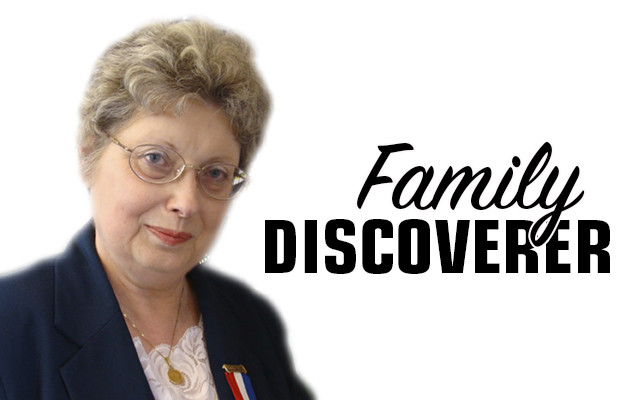
What ‘Roots’ gave to genealogy
By Nancy Battick
In 1976 Alex Haley’s “Roots,” already a national bestselling book, became a miniseries. Millions tuned in, captivated by the story.
I remember watching every episode, fascinated by the characters and their lives. One thing the series did was fuel an urge for viewers to try their own hands at genealogy.
While there has been much criticism of Haley’s lack of proof for much of what he wrote and the author himself stated he wanted to create a “myth” for his people, he nonetheless ignited a desire among African-Americans to pursue their own family roots.
He inspired other ethnic groups as well. The book and the television series did much to create a new generation of genealogists.
People wanting to trace their African-American roots face severe challenges. For viewers of Dr. Henry Louis Gates’ “Finding Your Roots” on public television, these challenges are often identified when the show’s genealogists try to trace the roots of African-American celebrity guests.
Much of the information passed down in families is oral and likely has been altered by each generation. That’s the problem with family stories. Without some sort of corroborating evidence, there’s no way to know if the stories have any basis in fact. Written records were sketchy in the antebellum South. People who were enslaved were then considered property. In censuses they are listed by sex and age only, never by a given name.
There were free people of color in pockets in the South, particularly in New Orleans. I do recommend Barbara Hambly’s wonderful Benjamin January series of novels for anyone interested in this anomaly. Most free African-Americans resided in the North. Bills of sale for enslaved people listed only their given names. In addition to bills of sale, they were often listed in wills when an owner bequeathed one of them to a child or relative.
The 1870 U.S. Census is the first one where formerly enslaved people were enumerated with names. Many took their surnames from former owners. Along with the census records, DNA has opened doors to discovering relatives and often identifying former white ancestors. This is a result of the lamentable practice of white masters raping enslaved females, which occurred with frequency. Many African Americans have some white ancestry.
There’s a new 10 Million Names Project aimed at restoring the names of the lost. The project has taken on the tremendous challenge of restoring the names and stories of enslaved people from the 1520s to the late 1860s. Utilizing all available resources, including family histories, the project’s organizers, Dr. Kendra Field and Dr. Carrie Grenwich, are reaching out to all African-American genealogical communities to assemble information accessible to researchers as well as naming people once forgotten.
It’s a formidable project and the challenges are great. I admire the aims of the project and I sincerely hope they will succeed, though inevitably there will be some enslaved people who died, leaving no descendants, and who will thus be among those lost to history.
Columnist Nancy Battick of Dover-Foxcroft has researched genealogy for over 30 years. She is past president of the Maine Genealogical Society, author of several genealogical articles and co-transcribed the Vital Records of Dover-Foxcroft. Nancy holds an MA in History from UM and lives in DF with her husband, Jack, another avid genealogist. Reader emails are welcome at nbattick@roadrunner.com.